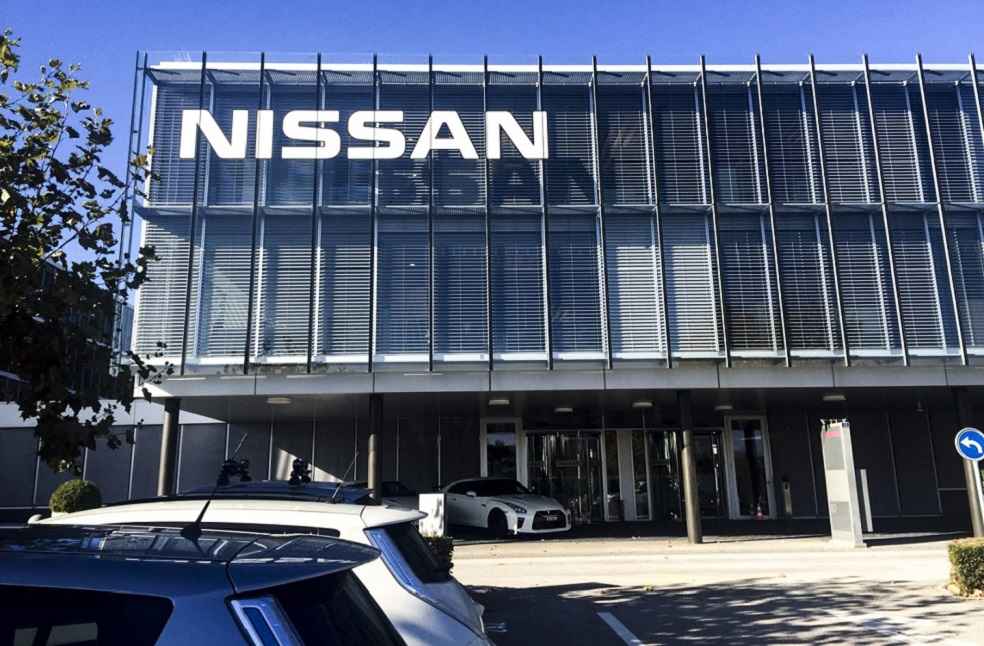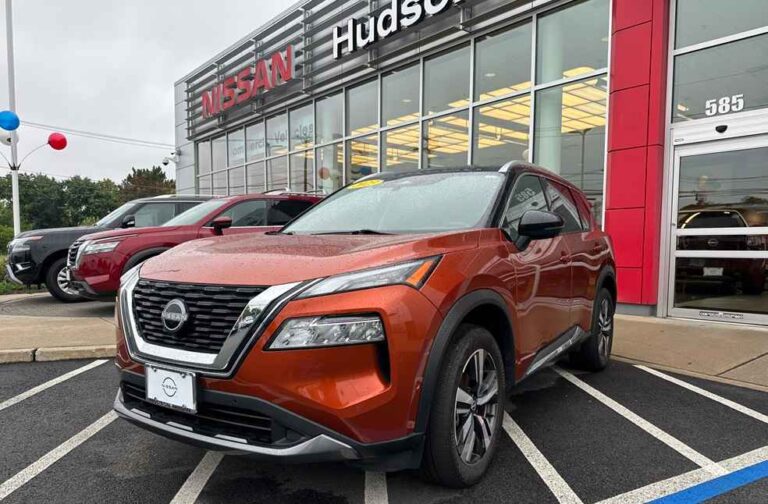Nissan will reduce production of its best-selling U.S. vehicle, the Rogue SUV, at its Kyushu plant in Japan from May to July. The move follows President Donald Trump’s newly imposed 25% import tariff on cars manufactured abroad.
According to a Reuters report, the production cut is expected to decrease output by around 13,000 vehicles, accounting for over 20% of the 62,000 Rogues sold in the U.S. during the first quarter of the year. At Nissan’s largest facility, the Kyushu plant, employees will face reduced working hours and occasional production halts during this period, while the two-shift schedule will remain in place.
Nissan declared that the company is evaluating its production and supply chain processes to determine the most efficient and sustainable solutions.
“Our approach will be thoughtful and deliberate as we navigate both immediate and long-term effects,” the company added.

The U.S. accounts for more than 25% of Nissan’s global sales, with a significant portion of its vehicles being produced in Japan or Mexico. The Rogue, manufactured at the Kyushu plant, is a key component of Nissan’s strategy in the U.S., with close to 246,000 units sold in the past year.
The production adjustment comes after Nissan recently decided to abandon plans for a shift reduction at its Smyrna, Tennessee plant. Initially, the automaker intended to reduce operations to a single shift but ultimately decided to retain the two-shift schedule. Meanwhile, Nissan faces other obstacles, including an aging vehicle lineup and the lack of hybrid models, both of which have contributed to declining U.S. sales.
As part of a global restructuring to cut capacity by 20%, Nissan is under increasing pressure to revitalize its performance in the U.S. market.
AUTO TECH | Indian Consumers Embrace Data-Driven Mobility and AI





